Now you’ve read the basic introductory books to Agile Software development and you want to learn more, here’s my recent reading list:
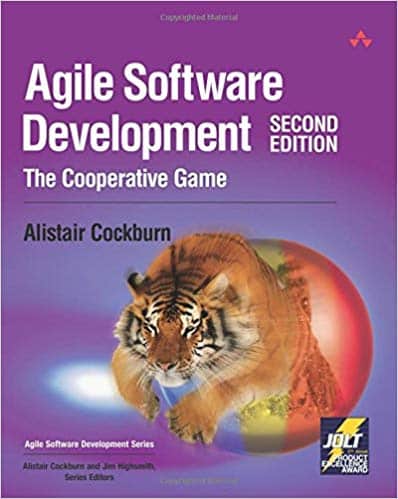
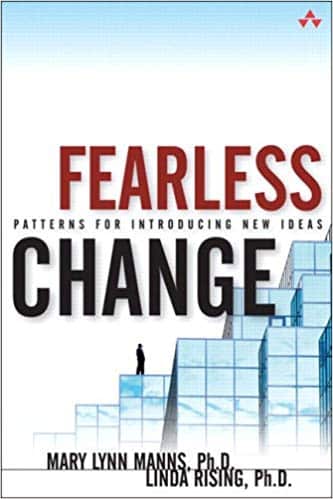
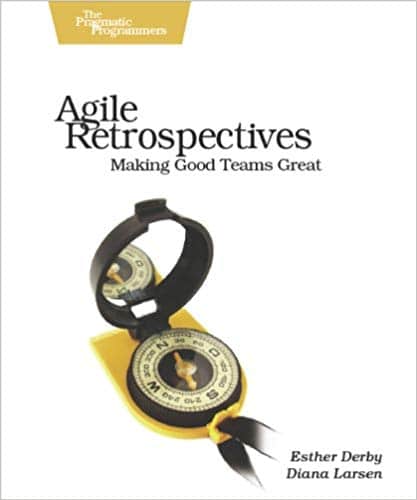
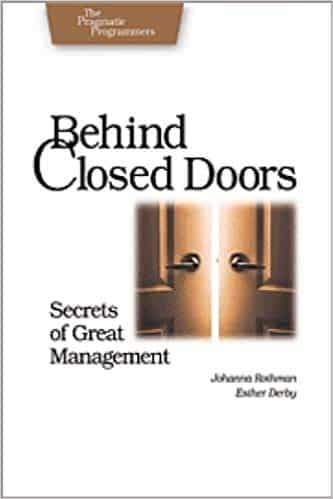
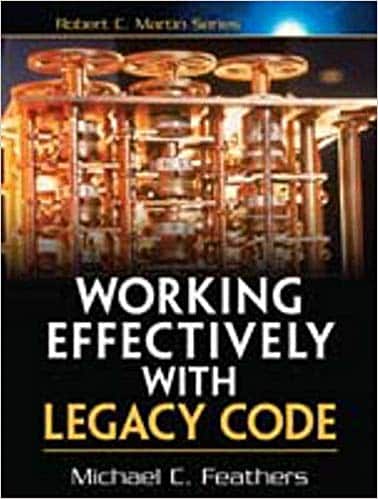
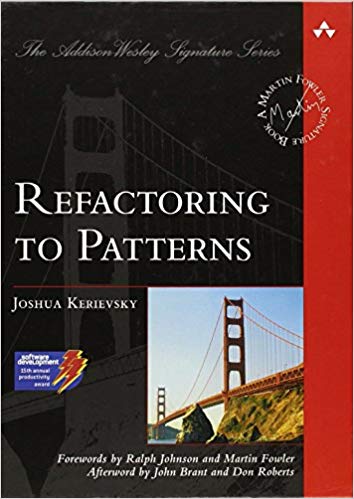
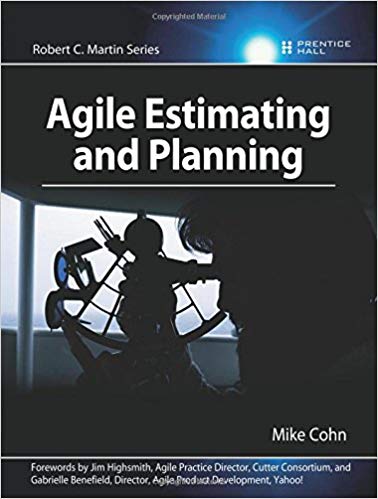
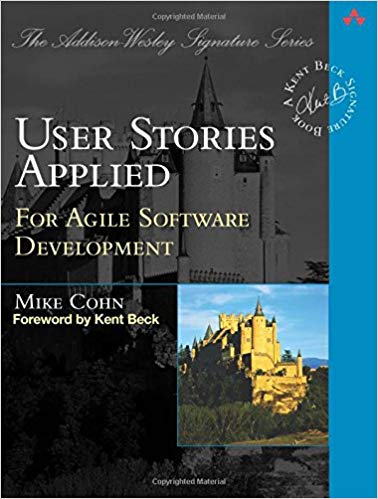
Please excuse the formatting – I’m doing battle with typepad.
Scrum and Agile Training and Resources
Now you’ve read the basic introductory books to Agile Software development and you want to learn more, here’s my recent reading list:








Please excuse the formatting – I’m doing battle with typepad.
Mark Levison has been helping Scrum teams and organizations with Agile, Scrum and Kanban style approaches since 2001. From certified scrum master training to custom Agile courses, he has helped well over 8,000 individuals, earning him respect and top rated reviews as one of the pioneers within the industry, as well as a raft of certifications from the ScrumAlliance. Mark has been a speaker at various Agile Conferences for more than 20 years, and is a published Scrum author with eBooks as well as articles on InfoQ.com, ScrumAlliance.org an AgileAlliance.org.
Mark Levison has been helping Scrum teams and organizations with Agile, Scrum and Kanban style approaches since 2001. From certified scrum master training to custom Agile courses, he has helped well over 8,000 individuals, earning him respect and top rated reviews as one of the pioneers within the industry, as well as a raft of certifications from the ScrumAlliance. Mark has been a speaker at various Agile Conferences for more than 20 years, and is a published Scrum author with eBooks as well as articles on InfoQ.com, ScrumAlliance.org an AgileAlliance.org.
[…] Top 8 Agile Books: Beyond the Basics […]
Typo: Refactoring to patterns is by Joshua Kerievsky